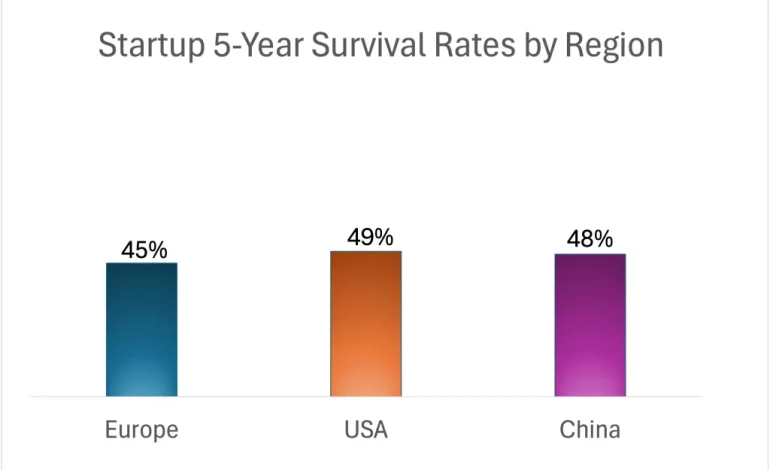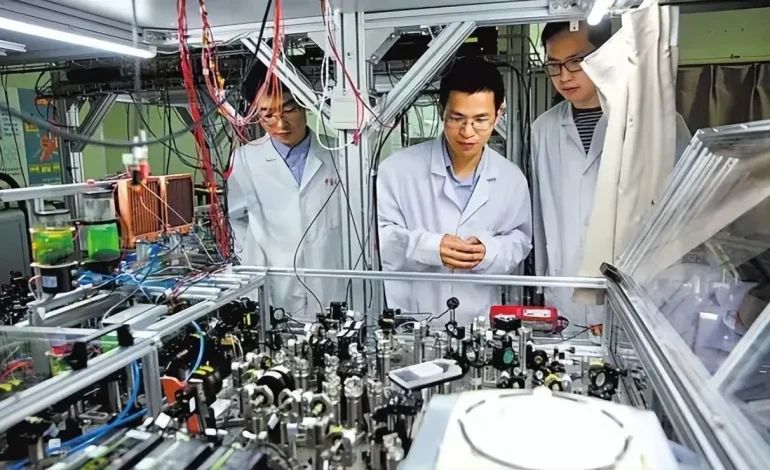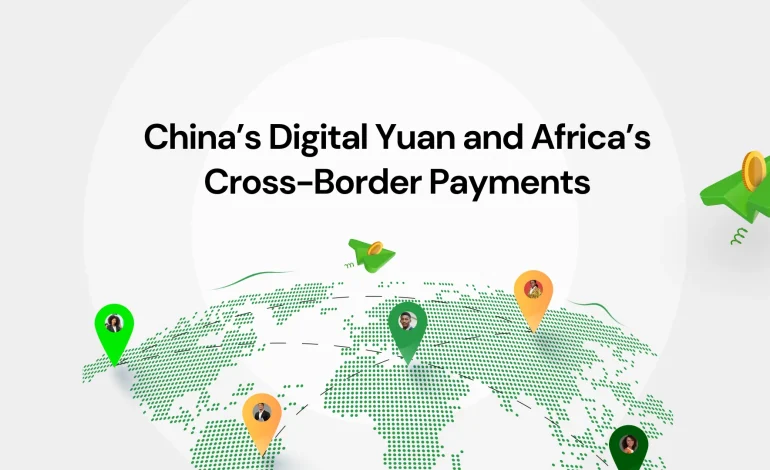Shenzhen Startups Accelerate Overseas Expansion Amid Rising Venture Funding

Introduction
Shenzhen-based startups are rapidly expanding into international markets in 2025, leveraging government incentives, venture capital, and global tech partnerships. Companies specializing in AI, fintech, and semiconductors are establishing foreign subsidiaries, participating in international trade fairs, and forming cross-border collaborations. Analysts say this surge reflects China’s strategic push to export technological influence while integrating domestic innovation with global markets.
Policy and Market Context
In August 2025, the Shenzhen municipal government announced updated incentives to support startups entering overseas markets. The measures include export tax rebates, simplified registration for foreign subsidiaries, and funding for participation in global technology exhibitions. According to Caixin, Shenzhen-based startups secured $4.8 billion in venture funding for international expansion in H1 2025, a 23% increase compared with H1 2024.
These policies aim to reduce administrative hurdles and financial risks for startups pursuing global growth. The incentives target sectors where China has demonstrated competitive advantages, including AI-driven logistics, semiconductor design, fintech solutions, and cloud computing services. Analysts note that the combination of government support and capital inflows has catalyzed faster overseas deployment of domestic innovations.

Impact on Investors and Market Dynamics
The expansion of Chinese startups into overseas markets is attracting attention from global investors. Venture capitalists are increasingly funding high-growth companies that combine domestic technological expertise with international scalability. Nikkei Asia reports that AI and fintech startups from China now account for nearly 18% of cross-border venture-backed deals in the Asia-Pacific region.
Established technology firms are also partnering with Chinese startups to integrate AI solutions, semiconductor components, and mobility technologies into global supply chains. Analysts highlight that this trend strengthens the startups’ competitiveness and creates opportunities for foreign firms seeking access to Chinese innovation.
Innovation Trends Driving Global Expansion
Shenzhen startups are leveraging AI, cloud computing, and semiconductor innovation to meet international standards. Logistics startups are deploying AI-powered route optimization software across Southeast Asia and Europe, while fintech firms provide compliant cross-border payment solutions. Semiconductor startups are exporting specialized AI and edge computing chips that support autonomous vehicles, robotics, and industrial automation.

Data
Venture Funding for Overseas Expansion
According to Caixin, Shenzhen startups raised $4.8 billion in H1 2025 for international growth, a 23% year-on-year increase. A professional chart mapping quarterly funding trends from 2023–2025 shows steady growth, with noticeable spikes following policy announcements. This illustrates the direct effect of regulatory incentives on investment and highlights investor confidence in global expansion strategies.
Expert Opinions and Industry Insights
Dr. Chen Liang, innovation analyst at Tsinghua University, commented, “Shenzhen’s startups are scaling rapidly because of government support combined with strong venture funding. The international market provides both revenue and operational learning opportunities, accelerating technological maturity.”
Industry executives highlight that exposure to foreign markets improves intellectual property protection practices, operational sophistication, and compliance with international regulations. Analysts suggest that this contributes to sustainable growth and positions Chinese startups as serious global competitors in AI, fintech, and semiconductor sectors.
Global Implications
Chinese startups expanding overseas influence international technology and trade ecosystems. Countries adopting Chinese AI and fintech solutions benefit from advanced infrastructure and cost-efficient technology. Belt and Road Initiative partners are particularly targeted for technology integration, enhancing China’s strategic influence abroad.
The global supply chain for semiconductors and AI hardware is also affected. As Chinese startups produce high-quality chips and AI solutions for international clients, reliance on traditional suppliers in the U.S., South Korea, and Europe may gradually adjust. Analysts note that international investors are closely monitoring these developments to identify partnership opportunities and assess competitive threats.
Conclusion
Shenzhen startups are rapidly scaling into international markets, supported by policy incentives, venture funding, and strategic partnerships. Professional funding data demonstrates investor confidence, while policy support and market opportunities accelerate deployment of AI, fintech, and semiconductor innovations. Analysts conclude that these expansions strengthen China’s global influence in technology and trade, while providing startups with practical experience and operational sophistication necessary for sustainable international growth.






